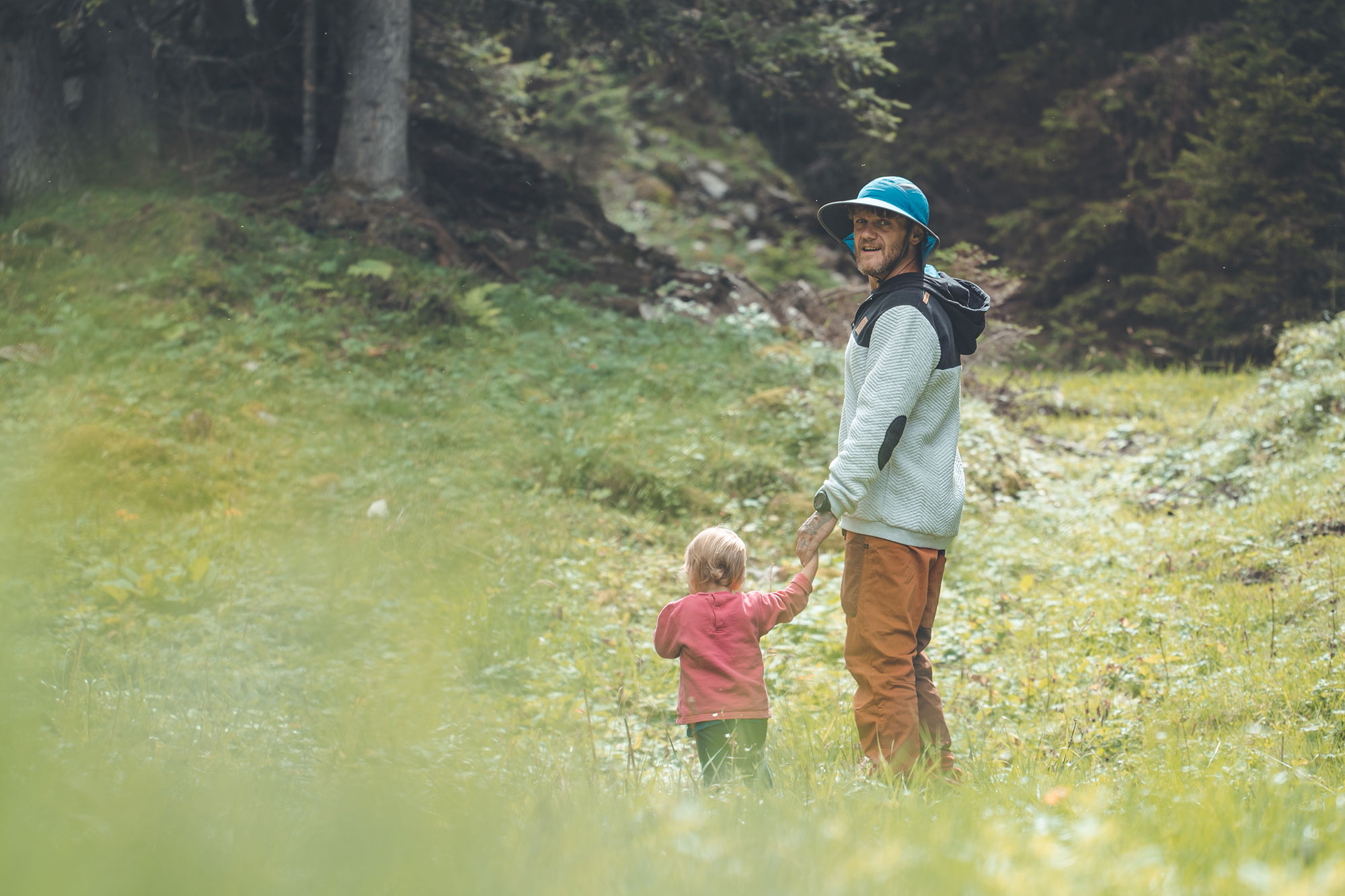With: Picture Organic Clothing
ITW: Luca Dalpez
By: Elisa Bessega
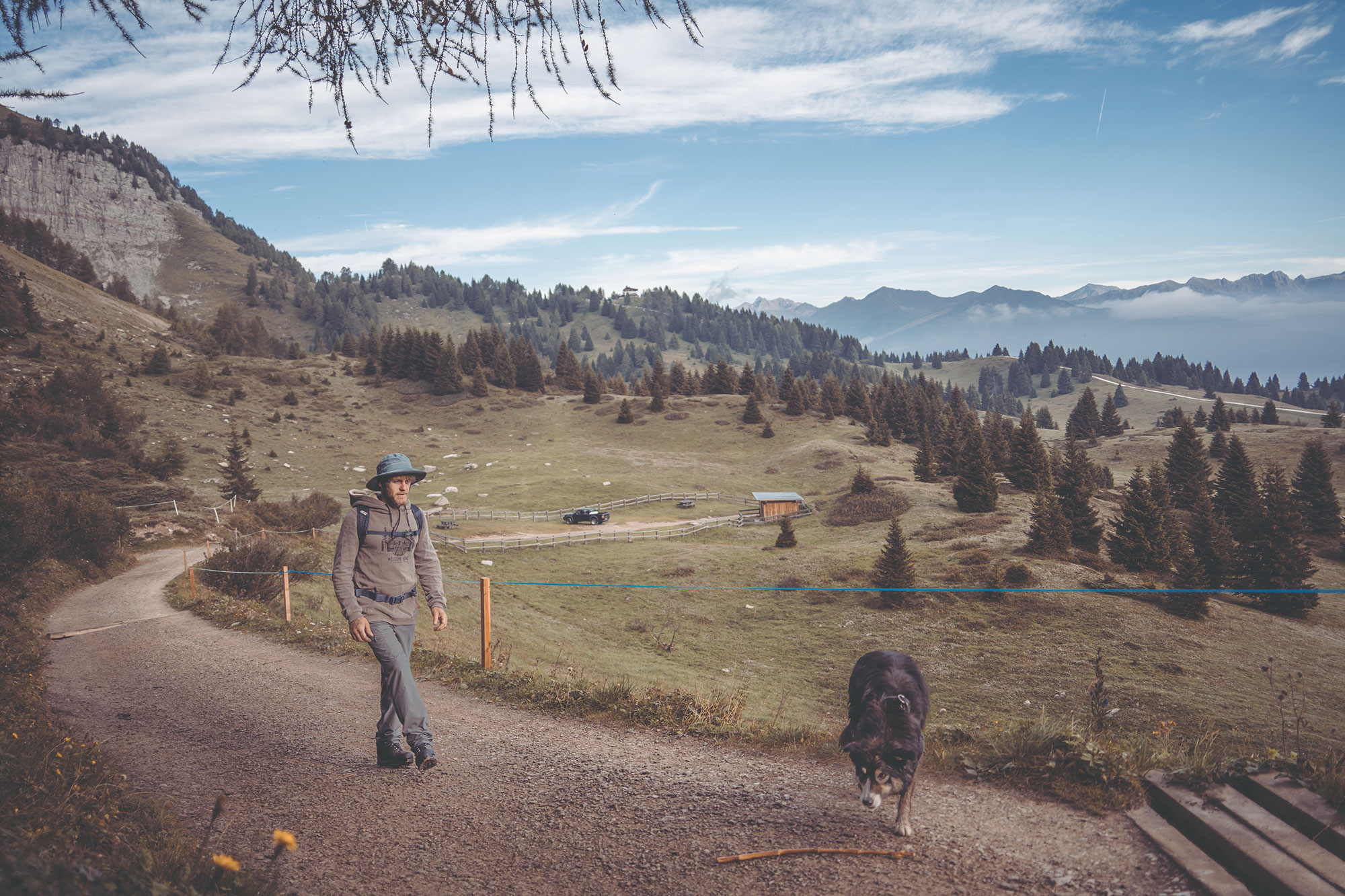
Between snow and land: Luca Dalpez
From Freeride World Qualifier and the Trentino hardcore punk scene up to the organic farm the step is shorter than you might think, you understand it when you find yourself during après ski in the historic cafe of Fai della Paganella and you happen to have a chat with Luca Dalpez.
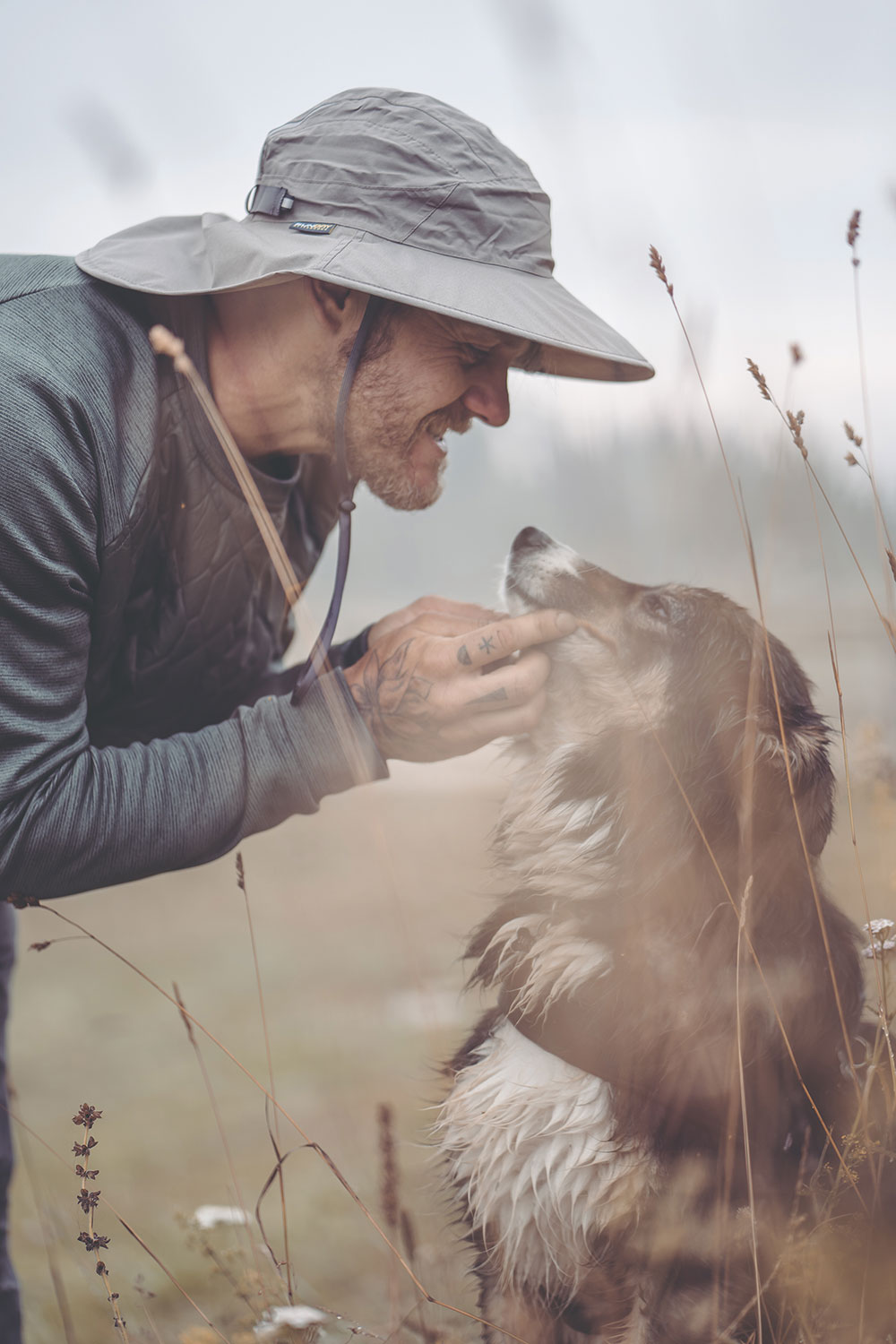
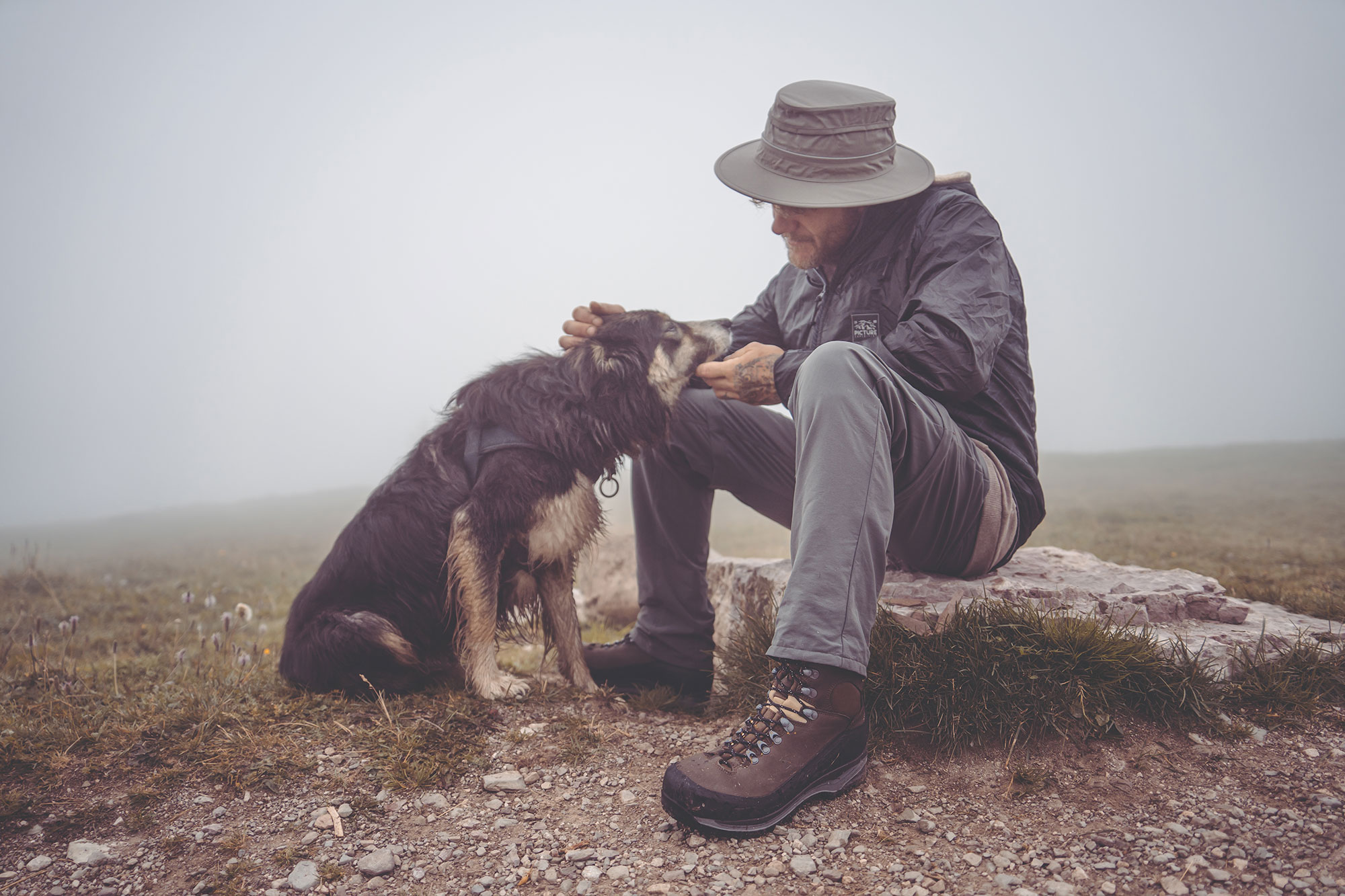
Splitboarder and freerider, snowboard instructor, organic farmer in Val di Non, the valley famous for the monoculture of apples, and activist: Luca takes his relationship with nature and counterculture quite seriously in all areas in which he is involved. I have known him for a few years now, precisely since I found a manifesto that had his name among the first signatories. It was a paper containing a series of declarations of principle regarding mountain sports and sustainability, a sort of call to action for practitioners of all outdoor disciplines with a common will: claiming the intrinsic value of natural spaces.
“We will strive to influence the political-economic choices towards the conservation of natural environments and towards a sustainable development of territories and outdoor culture” says one of the points of the program of The Outdoor Manifesto, and it is on ideas like this that, even if always in a reserved way, Luca seems to base his every action. Initiatives of this kind work when good words are followed by concrete life choices to set an example. Maybe I will be biased, because that call to action convinced me and I then took part in the association, but the example lived by Luca is one of those things that I always gladly tell hoping to inspire others as he did with me.
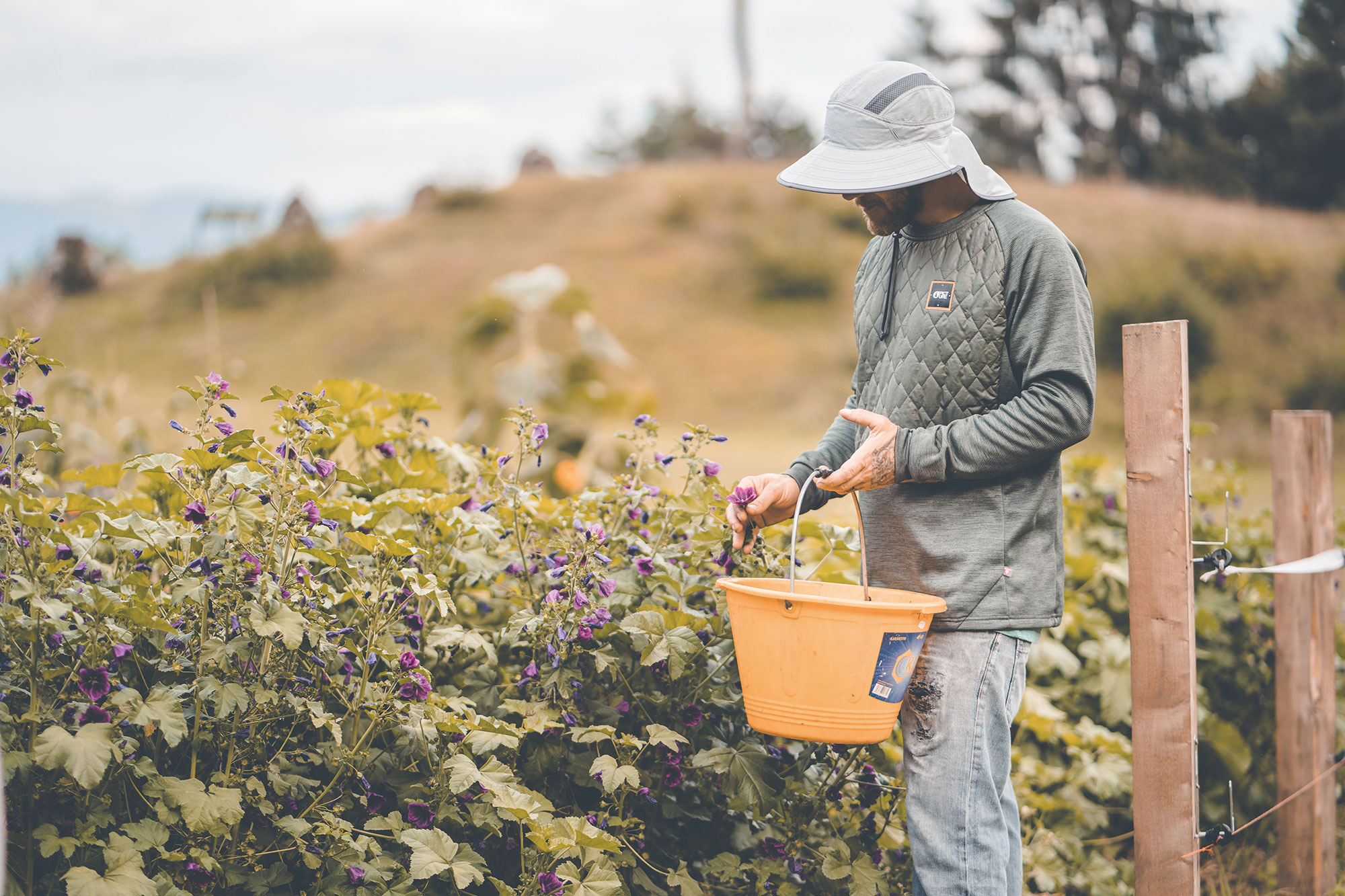
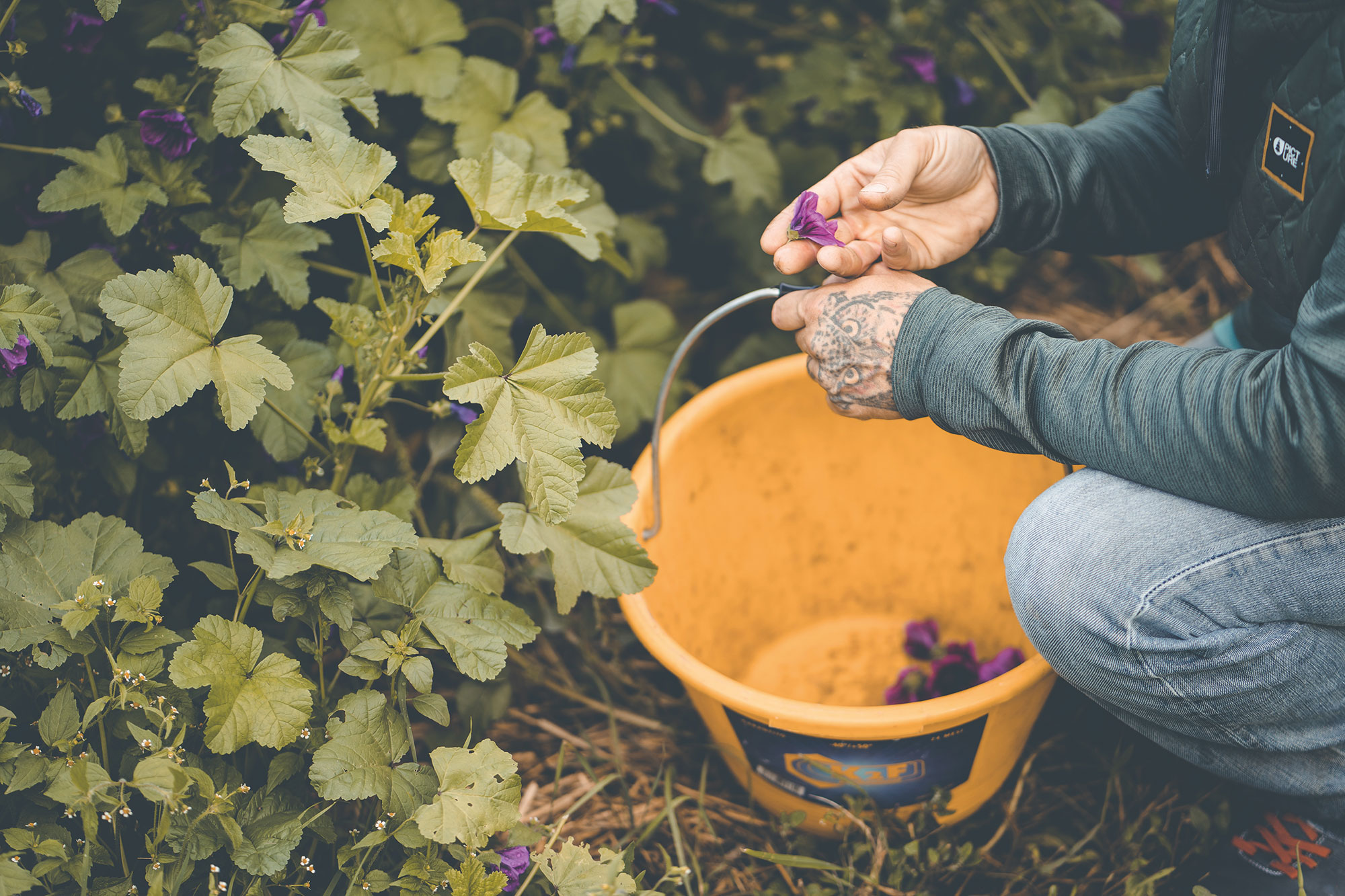
Just the time to order the first beer and he mediately starts to tell me about a recent discussion between instructors. He talks to me in a low voice because in that pub everyone knows each other, the reason of discussion was: a hypothetical extension of the skiable areas in a wooded area. “Bullshit” he confesses to me in no uncertain terms. The topic is complex and much debated today, and this is not the place to deepen it as it deserves.
What is clear is that it must not be easy to find a balance between work and personal beliefs when you are at the center of the eye of the storm. I ask him if there are many people, in the valley and among the instructors, who think the same: preferring a development made of modernization of existing resorts that does not involve further infrastructures and land consumption. The answer is obviously no, there aren’t many of them, but he seems hopeful towards new generations.
I am not so impressed by his position (fortunately today there are more and more voices in favor of alternative development models even among professionals), I’m more impressed by the fact that he always pursues his beliefs even in small daily discussions, those where it would be better to not expose yourself in order to not create new enemies, especially in lean times like the one we’re living.
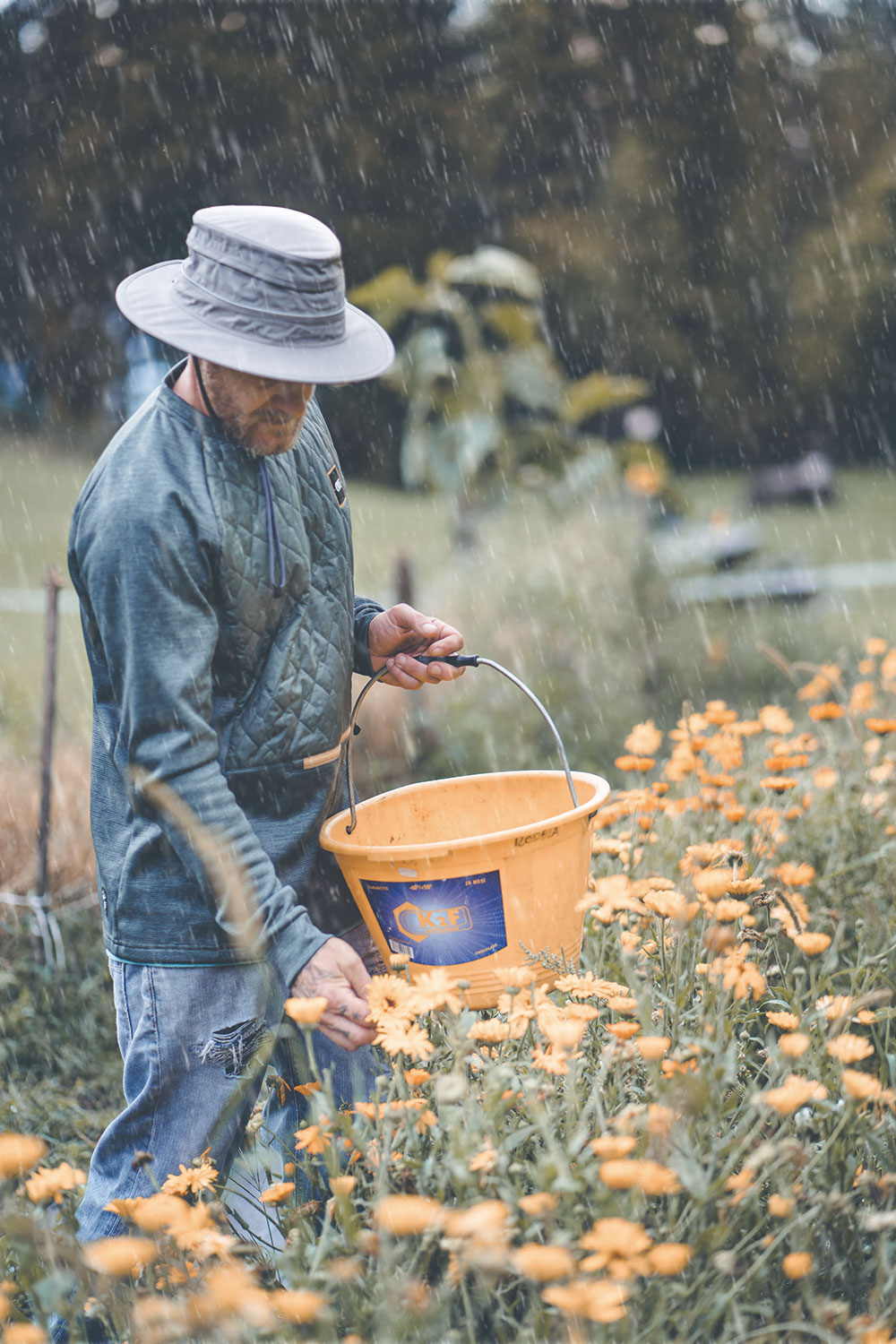
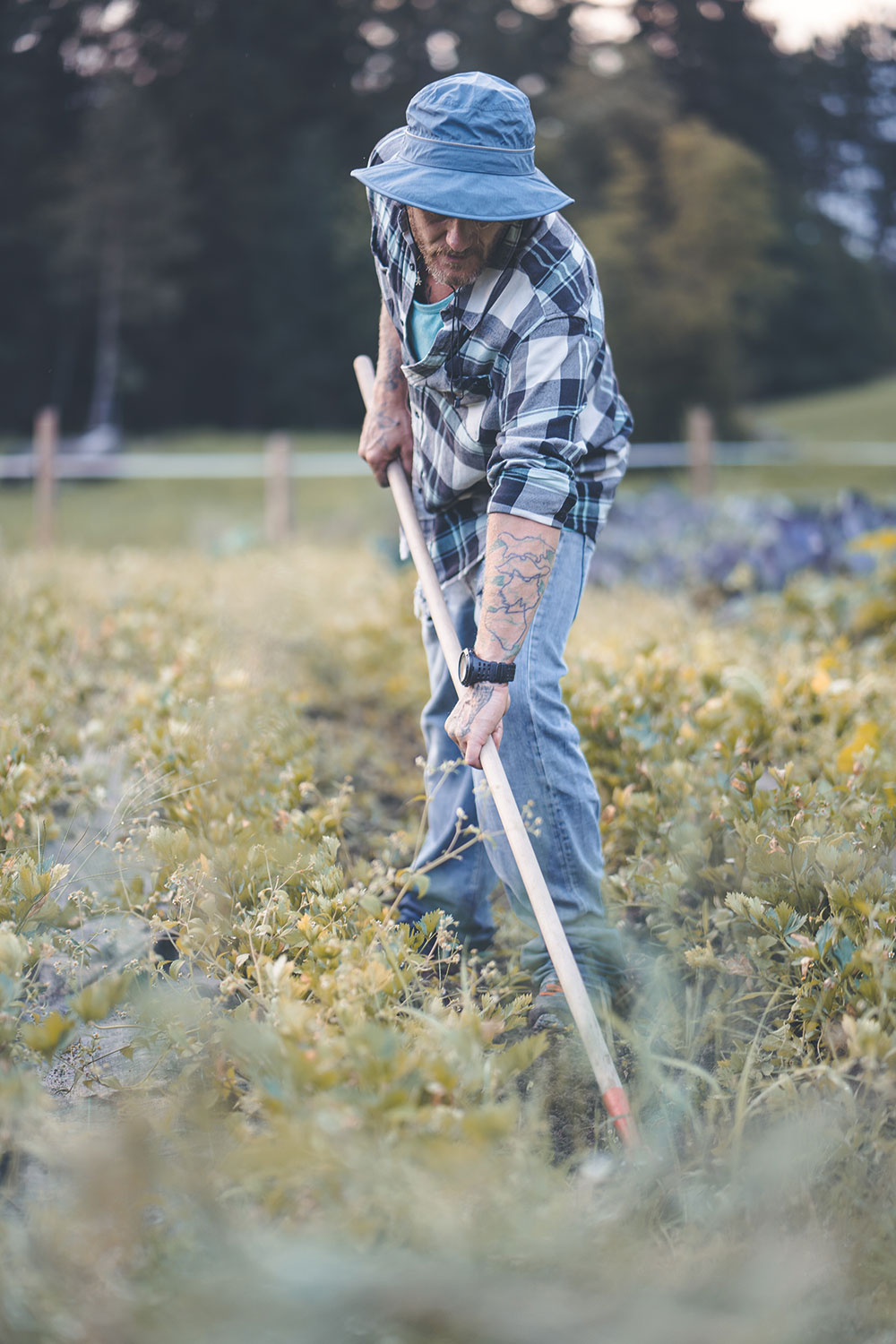
Luca doesn’t come from a family of farmers, nor from a family of skiers. Snowboarding arrived with adolescence along with tattoos and community centers, and just like the ink has never gone away. He tells me about the time in which he used to divide his time between freeriding competitions and concerts with Attrito. In those years the band was in one of its most active moments, they didn’t record many albums but they played in an impressive amount of live shows.
The hardcore punk scene from Trentino is also interesting for those who are not passionate about the genre, it is one of those acts of pure resistance that arise in too closed territories. I read an analogy with the choice of organic farming in Val Di Non. I try to ask him about it, Luca replies by making fun of me: “I hope you won’t describe me as the classic militant rebel anarchist?” He doesn’t like labels, he repeats it to me all evening.
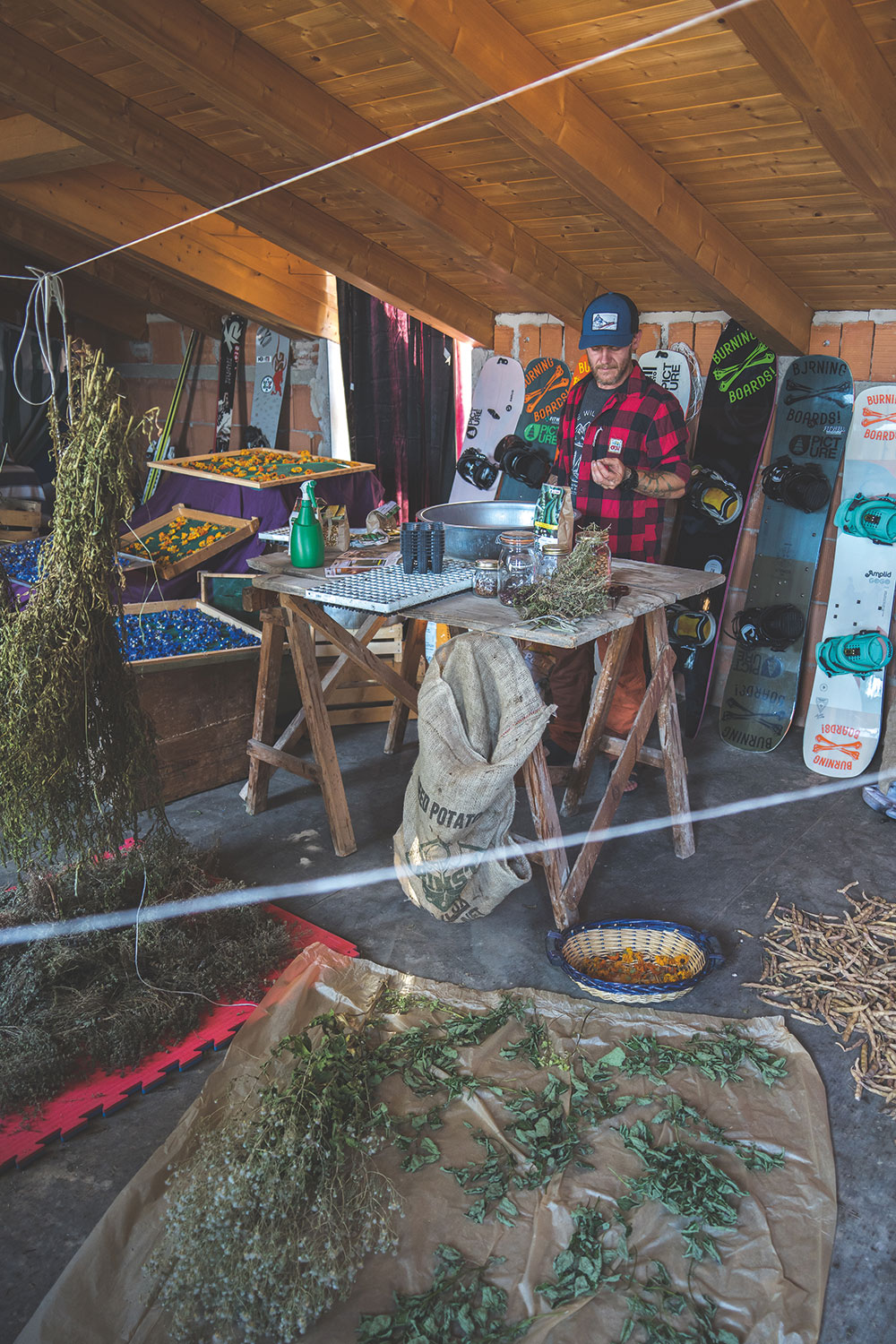
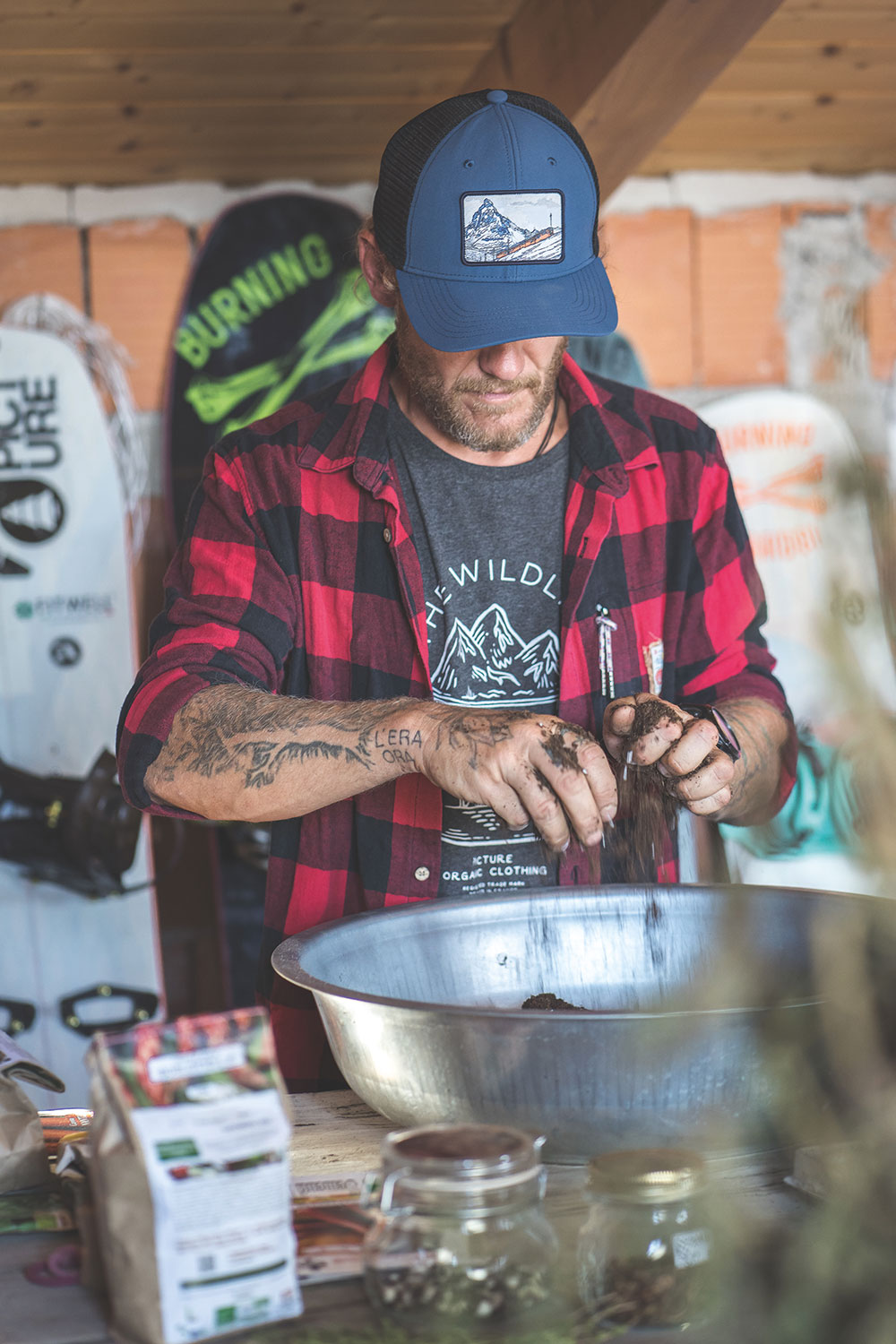
It is not easy to understand the extent of such a choice if you do not know the dynamics of the valley. The economy and politics of the territory revolve entirely around the intensive monoculture of the apple tree. Long rows, anti-hail sheets and storage sheds have taken the place of the traditional landscape of a century ago when there were vines, pastures, cereals and other fruit trees. The supply chain works and production increases from year to year, but the economic benefit is accompanied by loss of habitat and biodiversity, in addition to the risks associated with massive exposure to pesticides.
In this scenario if you don’t produce apples, you have to work three times harder just to guarantee to have the water to grow trees. Yet in 2020 Luca closed his snowboard and sporting goods store, that he had opened in Cles with the help of his wife Elisa, and decided to devote himself full time to the cultivation of flowers and vegetables. And, above all, he did it following the philosophy of the least possible impact where the rest of the valley survives only thanks to huge and discussed quantities of pesticides. Luca drinks his second beer and, laughing, confesses that “when I deliver organic vegetables to the people of the local buying group they joke about it and call me hero”. Yes, because in order to minimize the impact on the entire cultivation and distribution cycle, since last summer, whenever possible, he also delivers his products on a bike.
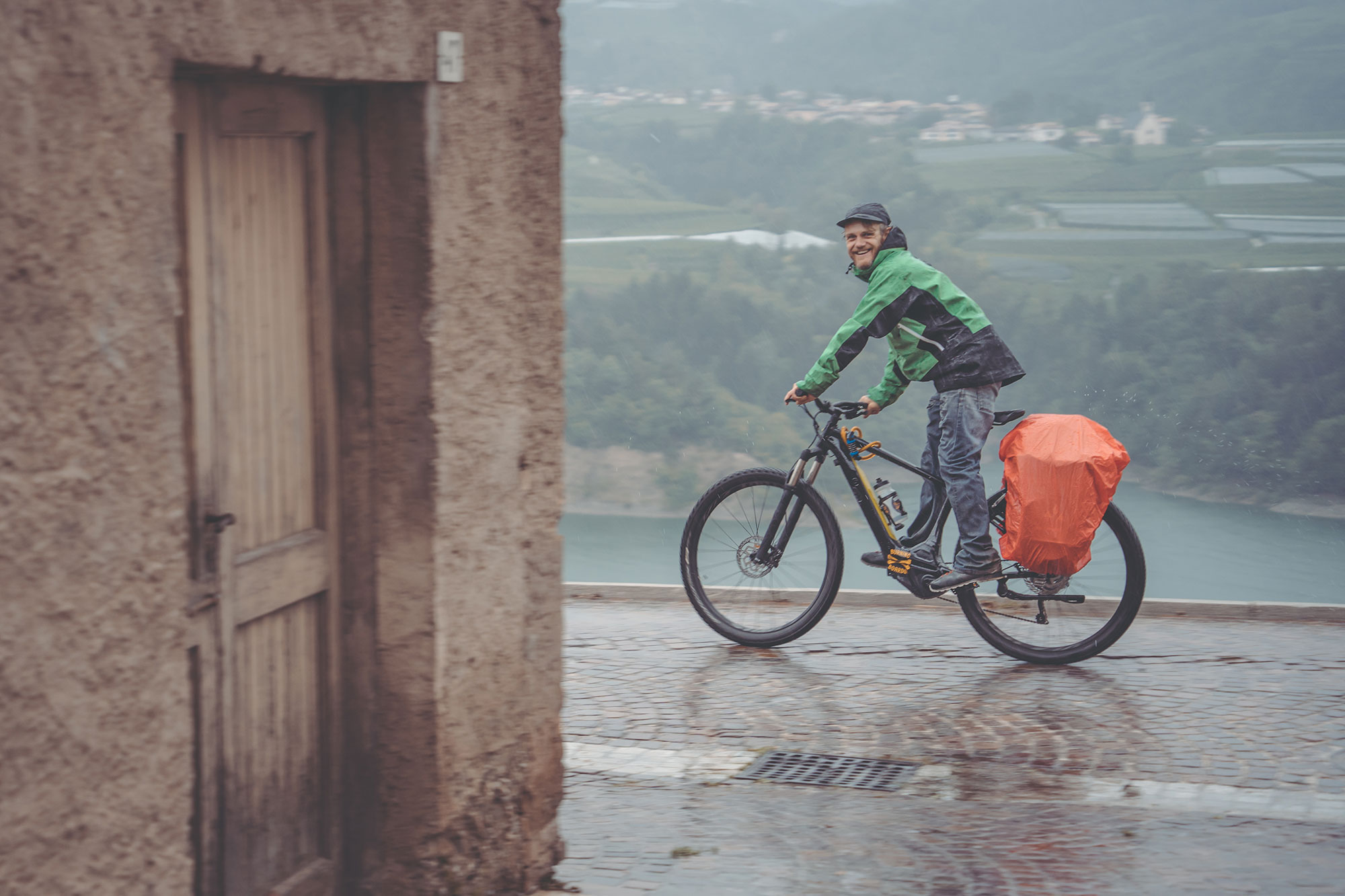
Summer on land, winter on snow. I ask what convinced him to change his life, after all, selling boards shouldn’t be so bad if snowboarding is your passion. I read the answer in the peace of his gaze when he talks about waking up at dawn and spending the days following the rhythms of nature. Hard rhythms, but much more rewarding than those imposed by the rules of commerce. Luca is not interested in being a hero, what he likes, I understand, is going home to his children in the evening, and being a peaceful father, in every season of the year.
This is a story worth telling, the one of a person who found his place following his passions, without fear of taking radical choices in order to do so.
